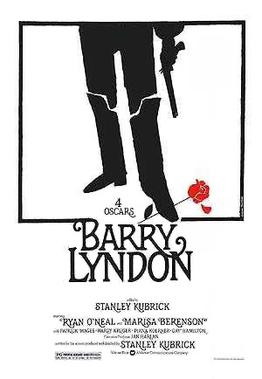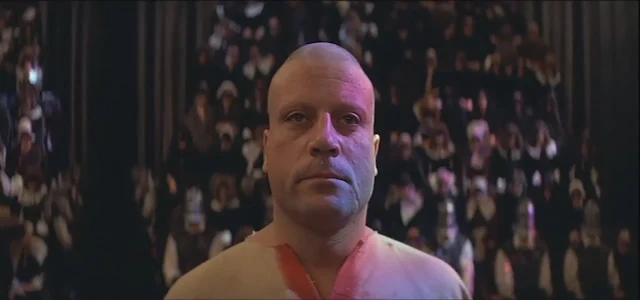A blog formerly known as Bookishness / By Charles Matthews
"Dazzled by so many and such marvelous inventions, the people of Macondo ... became indignant over the living images that the prosperous merchant Bruno Crespi projected in the theater with the lion-head ticket windows, for a character who had died and was buried in one film and for whose misfortune tears had been shed would reappear alive and transformed into an Arab in the next one. The audience, who had paid two cents apiece to share the difficulties of the actors, would not tolerate that outlandish fraud and they broke up the seats. The mayor, at the urging of Bruno Crespi, explained in a proclamation that the cinema was a machine of illusions that did not merit the emotional outbursts of the audience. With that discouraging explanation many ... decided not to return to the movies, considering that they already had too many troubles of their own to weep over the acted-out misfortunes of imaginary beings."--Gabriel García Márquez, One Hundred Years of Solitude
Search This Blog
Showing posts with label Murray Melvin. Show all posts
Showing posts with label Murray Melvin. Show all posts
Tuesday, October 22, 2019
The Devils (Ken Russell, 1971)
The Devils (Ken Russell, 1971)
Cast: Oliver Reed, Vanessa Redgrave, Gemma Jones, Dudley Sutton, Max Adrian, Murray Melvin, Michael Gothard, Georgina Hale, Christopher Logue, Graham Armitage, Brian Murphy, John Woodvine, Andrew Faulds, Kenneth Colley, Judith Paris, Catherine Willmer, Izabella Telezynska. Screenplay: Ken Russell, based on a play by John Whiting and a novel by Aldous Huxley. Cinematography: David Watkin. Production design: Derek Jarman. Film editing: Michael Bradsell. Music: Peter Maxwell Davies.
Oliver Reed, the bad boy of British movies of the 1960s and '70s, seems an odd choice as the hero of The Devils, Urbain Grandier, the "hot priest" who inspires lust in an entire nunnery but also goes to the stake as a martyr to the cause of individual and religious freedom. He also gives the most controlled performance in a film in which everyone goes well over the top, including Vanessa Redgrave, who does a lot of seething and writhing as Sister Jeanne, the hunchbacked prioress of said nunnery. Glenda Jackson was originally thought of for the role, but turned it down because she didn't want to play another madwoman after Peter Brook's Marat/Sade (1967) and Russell's The Music Lovers (1971). I tend to sympathize with her: The Devils became a cause célèbre when the censors took offense at its nudity and supposed blasphemy, earning it an X rating in the United States and Britain, but today, when it would receive only a rather stern R, it feels more like the product of a director given to a kind of adolescent excess. There's a smirkiness in Russell's approach to what purports, in an opening title, to be a true story drawn from historical documentation. David Thomson has said that Russell "is oblivious of his own vulgarity and the triteness of his morbid misanthropy," which is taking it a bit further than I would. I think instead that Russell celebrates vulgarity, but not with any sense of irony about it, to the point that the luridness of The Devils becomes boring.
Saturday, September 12, 2015
Barry Lyndon (Stanley Kubrick, 1975)

From the rather uninvolved performance he gives here, it's a little hard to realize that Ryan O'Neal was once a major movie star. Scenes are stolen from him right and left by such skilled character actors as Patrick Magee, Hardy Krüger, Steven Berkoff, Murray Melvin, Leonard Rossiter, and Leon Vitale. But this detachment of the titular character seems to be part of Kubrick's plan to de-emphasize the story's drama: He even provides a narrator (Michael Hordern) who gives away the plot before it develops on the screen. When actions and emotions erupt in the story, they do so with a kind of jolt, the audience having been lulled by the stately pace of the film and by the undeniably gorgeous visuals: Ken Adam's production design, Ulla-Britt Söderlund and Milena Canonero's costumes, and John Alcott's cinematography all won Oscars, as did Leonard Rosenman's orchestration of themes from Schubert, Bach, Mozart, Vivaldi, and Handel. It is undeniably one of the most visually beautiful films ever made, its images intentionally echoing works by Hogarth, Reynolds, Romney, Gainsborough, and other 18th-century artists. Alcott used specially designed lenses, created for NASA to allow low-light filming, to allow many scenes to be filmed by candlelight. But it's also a painfully slow movie, stretching to more than three hours. I don't have anything against slowness: One of my favorite movies, Tokyo Story (Yasujiro Ozu, 1953), is often criticized for slowness. But the slowness of Ozu's film is in service of characters we come to know and care about. Kubrick gives us no one to care about very much, and O'Neal's Barry never registers as a developed character.
Subscribe to:
Comments (Atom)



























